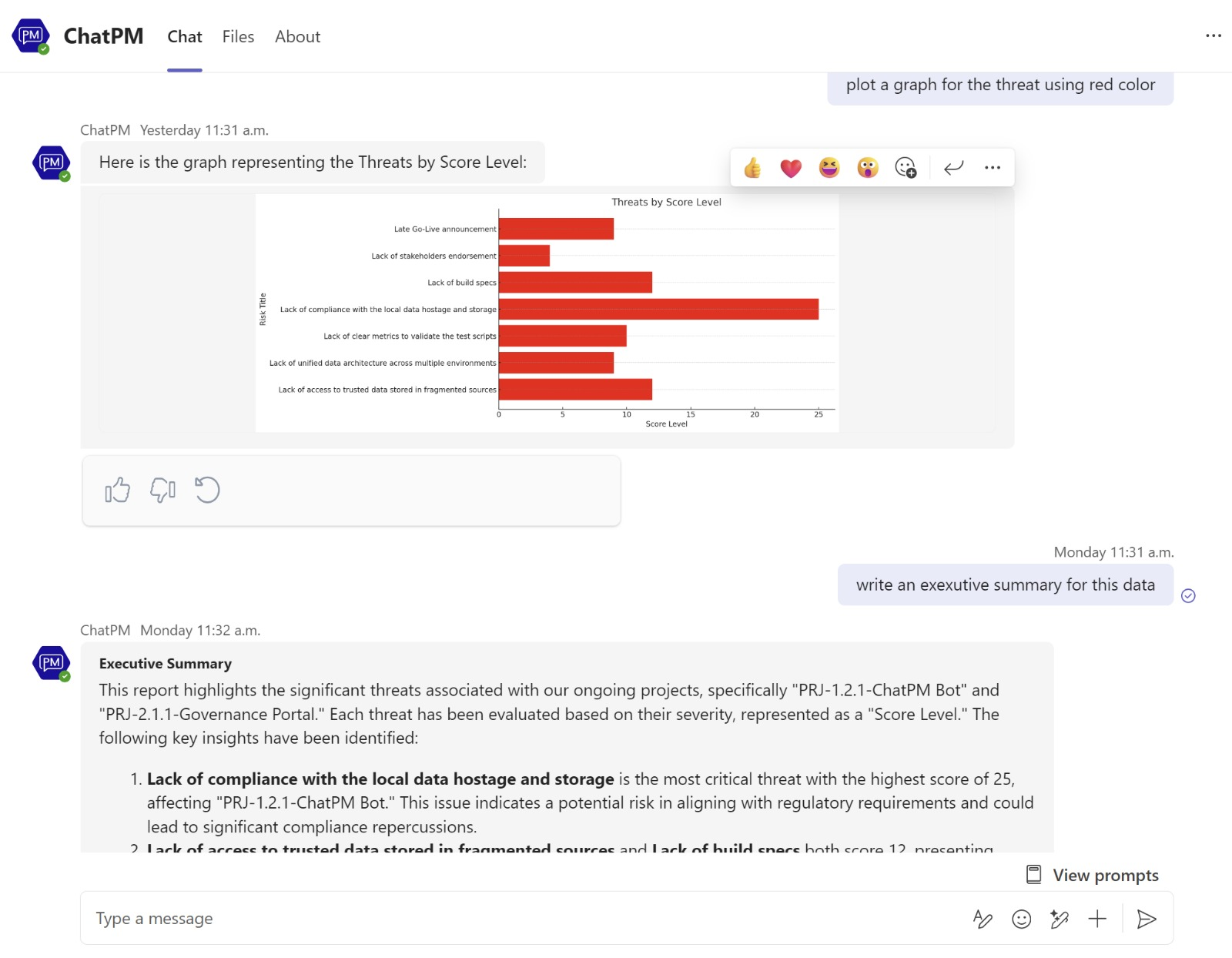The Greatest Integration Software for Project Management
Choosing the best integration software for project management depends on your specific needs, such as the size of your team, the nature of your projects, and your existing tech stack. However, some software solutions stand out due to their robust features, user-friendly interfaces, and excellent integration capabilities. Here are some of the top contenders:
1. Asana
Overview: Asana is a versatile project management tool designed to help teams organize, track, and manage their work. It integrates seamlessly with numerous other tools, making it a great choice for diverse project needs.
Key Features:
Task and project tracking with customizable workflows
Timelines and calendars to visualize project progress
Advanced reporting and analytics
Integrations with Slack, Microsoft Teams, Google Drive, Dropbox, and more
Pros:
User-friendly interface
Strong collaboration features
Extensive integration options
Cons:
Can be overwhelming for new users due to its comprehensive feature set
2. Trello
Overview: Trello uses a card and board system that is highly visual and intuitive, making it ideal for teams looking for a straightforward way to manage tasks and projects.
Key Features:
Drag-and-drop boards, lists, and cards
Labels, tags, and due dates for task management
Power-Ups for enhanced functionality (e.g., calendar view, custom fields)
Integrations with Slack, Google Drive, Jira, and other tools
Pros:
Easy to use and highly visual
Flexible and customizable boards
Extensive third-party integrations
Cons:
May lack depth for complex project management needs
3. Jira
Overview: Jira is a powerful project management tool tailored for software development teams. It excels in issue and bug tracking and integrates well with other Atlassian products.
Key Features:
Comprehensive issue and bug tracking
Agile project management tools (Scrum and Kanban boards)
Roadmaps and detailed reporting
Integrations with Confluence, Bitbucket, GitHub, and other tools
Pros:
Highly customizable and feature-rich
Strong focus on agile methodologies
Excellent integration with development tools
Cons:
Steeper learning curve
Can be complex for non-technical teams
4. Monday.com
Overview: Monday.com is a flexible work operating system that allows teams to build custom workflows and project management systems tailored to their needs.
Key Features:
Customizable boards and workflows
Time tracking and resource management
Dashboards for project overview and reporting
Integrations with Slack, Zoom, Google Drive, and many more
Pros:
Highly customizable and scalable
Intuitive and visually appealing interface
Extensive integration options
Cons:
Can be expensive for larger teams
Customization may require a learning curve
5. Microsoft Project
Overview: Microsoft Project is a comprehensive project management software designed for enterprise-level project planning, scheduling, and management.
Key Features:
Advanced project scheduling and task management
Gantt charts and project timelines
Resource management and workload tracking
Integration with Microsoft Office suite and other enterprise tools
Pros:
Powerful and feature-rich
Seamless integration with Microsoft Office tools
Suitable for complex project management needs
Cons:
High cost
Steep learning curve
Conclusion
The best integration software for project management will depend on your specific requirements and existing infrastructure. For instance, Asana and Trello are excellent for their user-friendliness and extensive integrations, while Jira is ideal for software development teams. Monday.com offers great customization for various project types, and Microsoft Project is suited for large-scale, complex projects.


Comments
Post a Comment